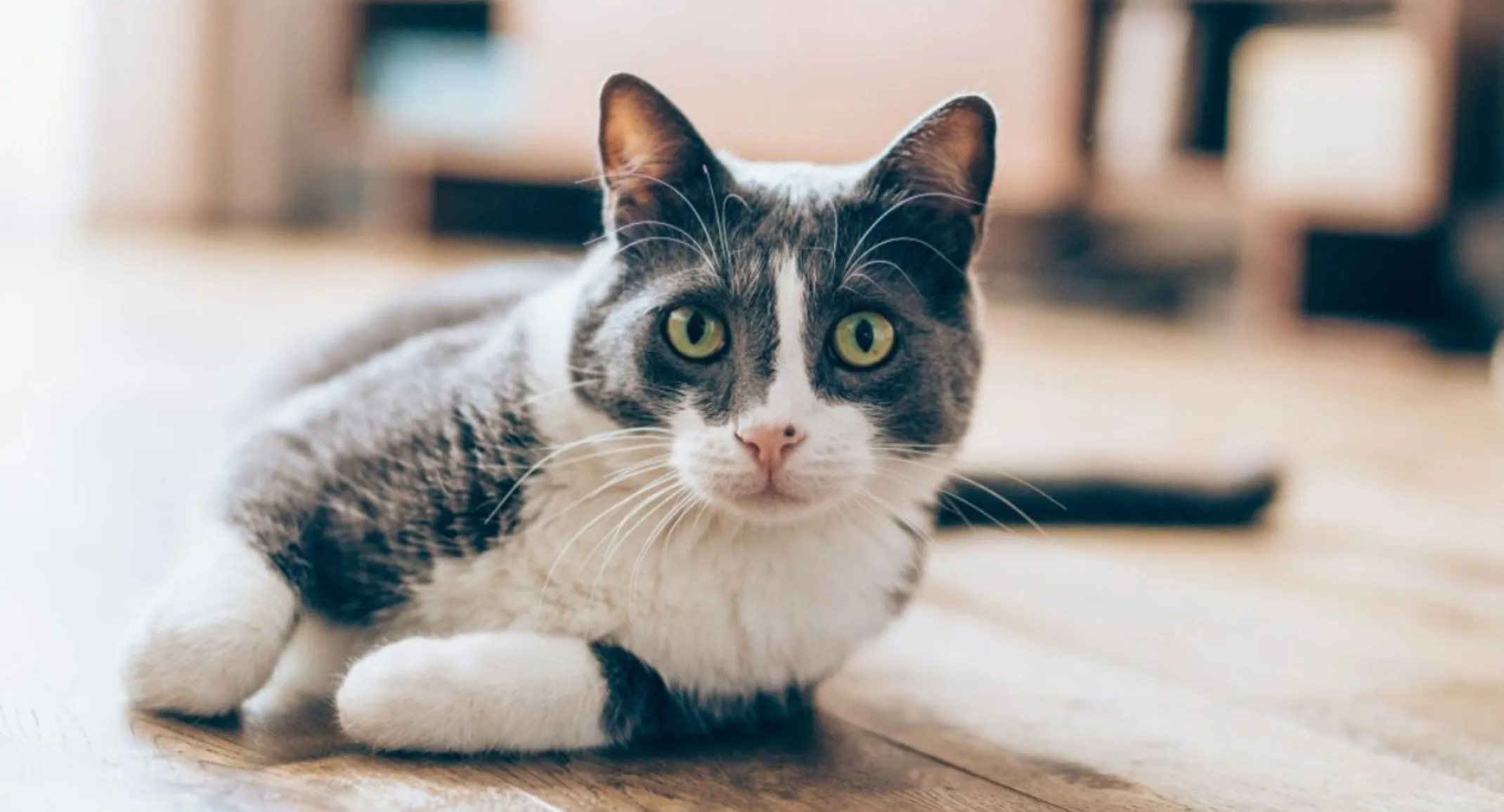Pawsitive Solutions: Tackling Cat Stress
Cats

Cats are notorious for choosing to live life on their own terms, and they have unique personalities compared to dogs, humans, or other pets. Supporting your cat’s mental wellbeing can be challenging if you see the world differently than your four-legged friend, but you can support their independent spirit by learning about their needs and identifying when they feel stressed. The Dove Mountain Veterinary team shares signs that could indicate your cat is stressed and offers tips on how to address the problem.
Common cat stress signs
Each cat is different, so you must judge their individual behavior to determine if they are feeling stressed. However, some things are universal indicators. Stress is a hormonal process that can affect your feline friend’s physical and emotional health, causing them to act out in various ways. Common cat stress signs include:
Excessively scratching furniture or carpets despite appropriate training
Urinating outside the litter box
Blood in urine
Upper respiratory infections
Reduced immune system function
Aggressive interactions with people or other pets
Excessive grooming—sometimes leading to bald spots
Digestive problems
Hiding
Excessive vocalizations
What causes cats to feel stressed?
Nearly anything can cause a cat to feel stressed, from the furniture being moved around to the arrival of a visitor. Individual factors, including genetics and socialization during kittenhood, determine a feline’s resilience to stress. The most common causes of cat stress are related to a failure to meet their basic needs, which are more complex than most people realize. Other factors could include:
Packing and moving homes
Construction work on your home or loud construction noise nearby
Outdoor or feral cats who are visible outside windows
Boarding visits or pet sitters
Veterinary visits
Illness
Parties or overnight guests
New or visiting pets
Strained relationships with other household pets
Unpredictable routines
Boredom or frustration, especially for indoor cats
How do I address my cat’s stress at home?
You can avoid stressing your cat or help a chronically stressed cat feel better by addressing the factors listed above. Keep their daily routine consistent, minimize household changes, and talk to our team about medications or supplements that can help if an upcoming event will be difficult for your cat to handle. If you have multiple cats and notice one bullying another or guarding resources, both cats are likely stressed about their living arrangements. In that case, adding individual resource stations(i.e., litter boxes, food and water bowls) can help.
You also should focus on providing your cats with everything they need to feel safe, including:
Access to resources - Individual food, water, and litter boxes are necessary for each cat. Placing litter boxes on each floor of your home and in multiple areas will provide cats with several options and encourage use.
A safe space - Each cat needs their own resting area. These resting areas should be elevated off the ground, lined with cozy bedding, and have entrances and exits from at least two sides. Wall shelving and window perches can provide additional vertical space for cats to retreat and explore.
Play and predatory behavior - Play is an opportunity for cats to practice their natural hunting behaviors and stimulates them mentally and physically.
Predictable and positive interactions - Your cat will feel safest when they know what to expect from you each day. Set aside daily play, grooming, or cuddle sessions that your cat can look forward to.
Respect for smell - Avoid using heavily scented products or harsh cleaning chemicals that could upset your sensitive feline’s sense of smell. Also, keep in mind that cats use pheromones deposited from glands on their feet and face to mark their territory—avoid removing these scents by washing objects and bedding too often.
How do I address veterinary visit and travel stress?
Veterinary visits are typically stressful for cats, which is why our team is fear free certified. We use gentle handling techniques and never hold down or force pets through procedures when they aren’t comfortable. Training your cat to accept and love their carrier is another way to diminish vet-related stress, and our team also may suggest anti-anxiety medications to help your cat keep their cool.
Stress and medical issues in cats go hand in hand—one issue often leads to the other, or a vicious cycle of stress and illness can develop. The first step in addressing your cat’s stress signs is a visit to our Dove Mountain Veterinary team to rule out a primary underlying illness. Our team also will take a thorough behavioral history and determine possible sources of stress at home, or refer you to a training or behavior specialist who can provide more targeted therapies. Call us to schedule an appointment if you notice stress signs in your cat, or for their next regular wellness and preventive care visit.
